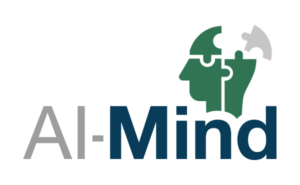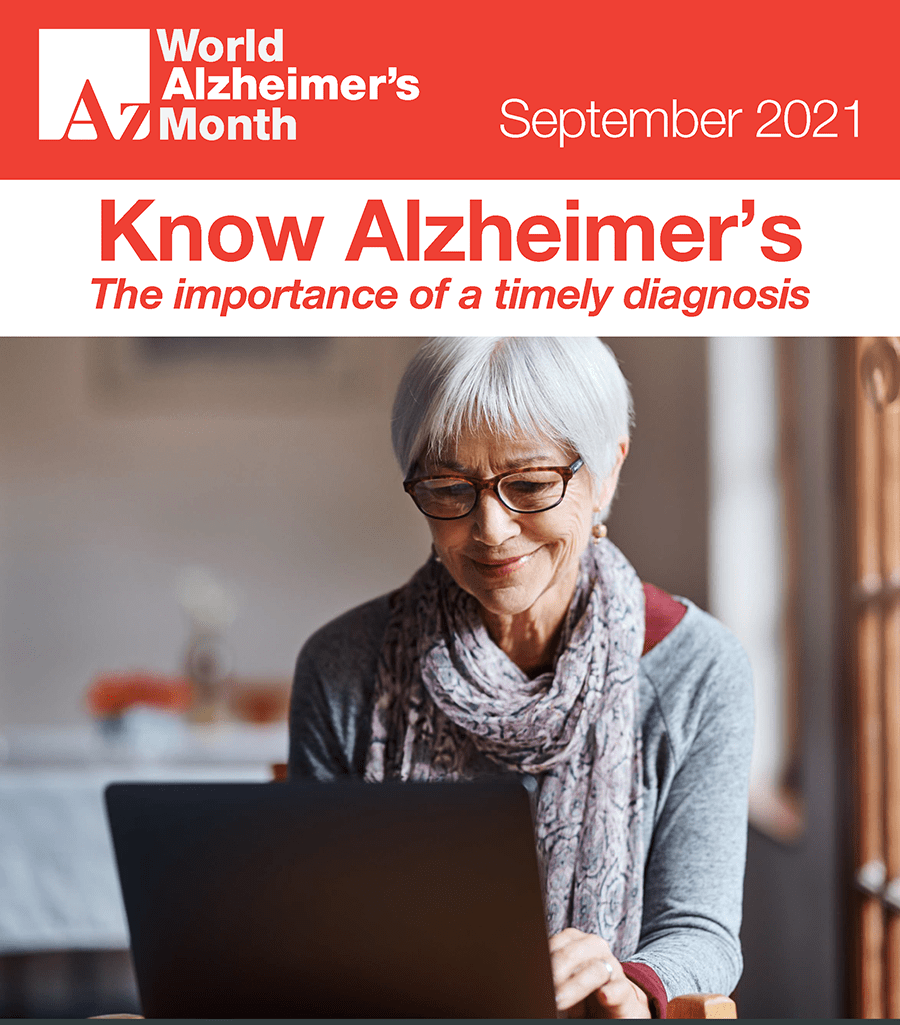AI-Mind partners raising awareness on dementia and challenges
Many organisations, associations, institutions and individuals actively joined various undertakings during the World Alzheimer’s Month, the international campaign to raise awareness and to challenge the stigma that persists around dementia.
AI-Mind partners contributed with their parts as well.

Prof. Paolo Maria Rossini from Scientific Institute for Research, Hospitalization and HealthCare (IRCCS) gave several interviews showing the complexity behind brain research and the challenge of developing efficient methods to prevent dementia. In one of the interviews published, among other newspapers, in Italian Il Tempo, Prof. Rossini pointed that there might be a glimpse of light for Alzheimer’s treatment:
“Aducanumab, the first drug capable of interfering with the formation and deposition of beta-amyloid, has been approved by the US FDA. With all concerns raised by many on its real efficacy, costs and side effects, it is still the first step on a long and steep ladder towards a therapeutic solution.”
Before any therapeutic steps are taken or treatment prescribed, clinicians must be able to diagnose cognitive impairment in time. This brings us to the fact that we need a better-suited health system and health professionals equipped with diagnostic tools that permit to intercept the earliest changes in brain functionality and consequently allow us to detect cognitive decline in a timely manner. At the stage “in which a therapy of any kind could provide the best response and, above all, would go to interrupt the neurodegenerative process at a time when the neuronal reserve of circuits and nerve connections available is not completely exhausted”.
Prof. Paolo Maria Rossini highlights how important the AI-Mind initiative is not only for advancements in health technology but mostly for millions of European citizents potentially at risk of developing dementia. “The use of integrated biomarkers and artificial intelligence, capable of extracting from a huge avalanche of data the “early imprint” of an evolving disease, will make it possible in the near future to identify people at high risk and to implement immediately all pharmacological and non-pharmacological countermeasures against this terrible disease. We must all realise that even today, being able to prolong full or partial autonomy in the main activities of daily life for a few years in very elderly patients would be a goal of unparalleled importance for everyone, from Alzheimer’s patients to their families and caregivers, and society itself”.
AI-Mind partners from Oslo University Hospital (OUS), from the research group led by Dr. Ira Haraldsen (AI-Mind coordinator) not only developed an engaging video in collaboration with the Norwegian Brain Council team that places AI-Mind in a Norwegian landscape.
Vebjørn Andersson (OUS) has contributed to the Newsletter published by Centre for Digital Life Norway.

